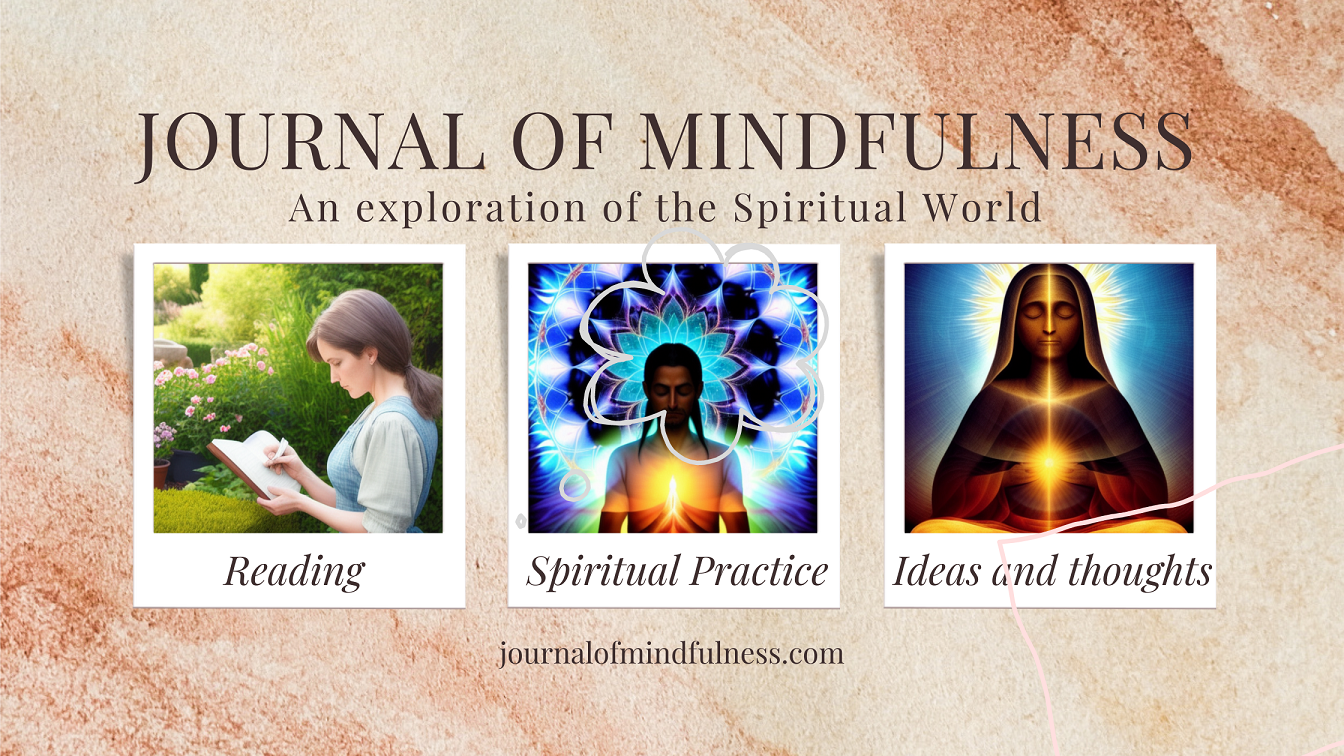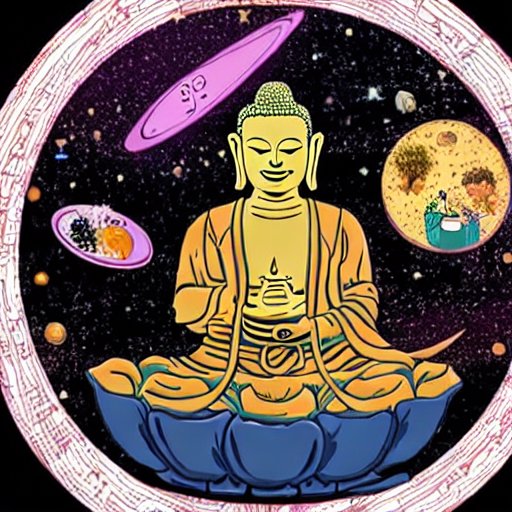karma and lessons in karma
The concept of karma suggests that our actions have consequences, both in this life and potentially in future lives. When it comes to a bad relationship breakup, karma can play a role in several ways:
- Personal growth: The end of a relationship, especially a difficult or toxic one, can be an opportunity for personal growth and introspection. It provides a chance to reflect on our own actions, patterns, and behaviors that may have contributed to the breakup. Karma can serve as a reminder that our actions and choices in relationships have consequences, and it encourages us to learn from our mistakes and evolve as individuals.
- Lessons and accountability: Karma can be seen as a mechanism for accountability. It suggests that the energy we put into our relationships, both positive and negative, will come back to us in some form. If we have caused harm or acted in a negative way during the breakup, karma may manifest as an opportunity for us to understand the impact of our actions and learn from them. It can serve as a lesson to treat others with kindness, compassion, and respect in future relationships.
- Future relationships: Karma can also influence our future relationships. If we have unresolved issues, emotional baggage, or negative patterns from past relationships, they may continue to affect us until we address and heal them. Karma encourages us to take responsibility for our actions and emotional well-being, so that we can attract healthier and more fulfilling relationships in the future.
It’s important to note that karma is a complex system and its workings are both subjective and influenced by individual beliefs. It’s up to you to explore and interpret how karma may relate to your own experiences and the breakup of a relationship. An expert in karmic relationships can help you understand the journey it entails. The karmic stages need to be understood and worked through.
- Action (Karma): Karma begins with an action, which can be physical, verbal, or mental. It encompasses all intentional deeds, thoughts, and words performed by an individual.
- Intention (Sankalpa): The underlying intention or volition behind an action plays a crucial role in karma. It refers to the motive, desire, or purpose that drives an individual to perform a particular action.
- Fruit (Phala): Every action is believed to have consequences, which are referred to as the fruits of karma. The results may be experienced immediately or manifest at a later time, either in this life or future lives according to the concept of rebirth.
- Accumulation (Sanchita): The accumulated karma from all past actions, both positive and negative, is stored as potential energy. Sanchita karma represents the entire sum of an individual’s karmic balance, accumulated from past lives and carried forward to future lives.
- Activation (Prarabdha): Out of the accumulated karma, a portion is selected for activation in a particular lifetime. Prarabdha karma represents the subset of karma that has become ripe for fruition and is responsible for shaping the current life’s circumstances, events, and experiences.
- Experience (Bhoga): Once the activation of karma occurs, the individual undergoes the experiences that correspond to the specific karmic effects. This can include joy, suffering, success, failure, health, illness, and various life situations.
- Exhaustion (Kshaya): Karma is believed to exhaust itself when its effects have been fully experienced. Positive karma leads to positive experiences, and negative karma leads to negative experiences, ultimately leading to the dissipation of the karmic energy associated with those actions.
- New Karma (Agami): Simultaneously, new actions and intentions performed in the present contribute to the formation of new karma. This ongoing process ensures the continuation of the karmic cycle and influences future experiences.
An expert practitioner will help guide you through these stages.
Find your personal expert at our sister site FreeChatPsychics



